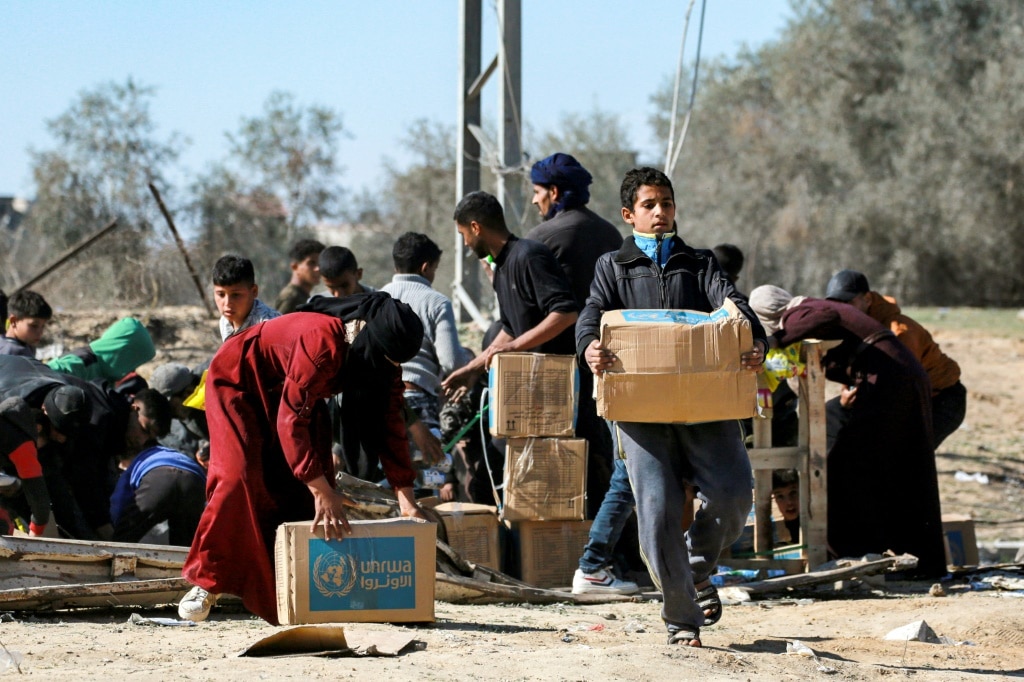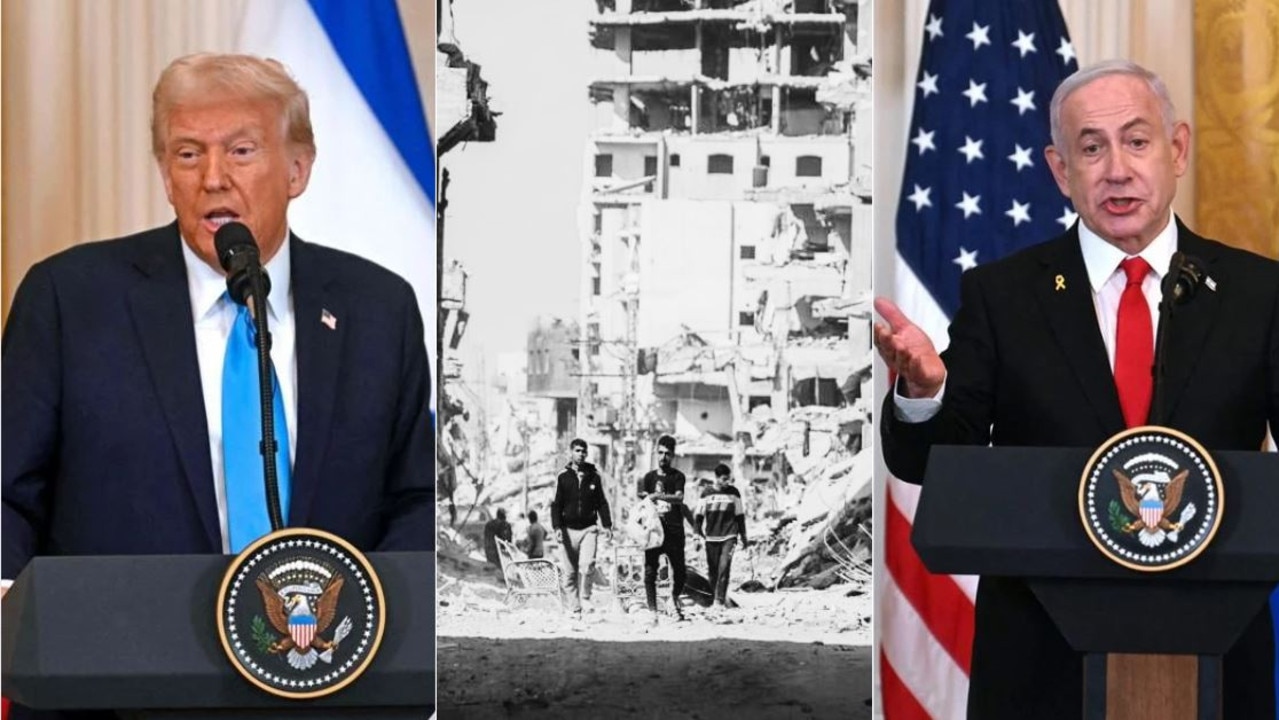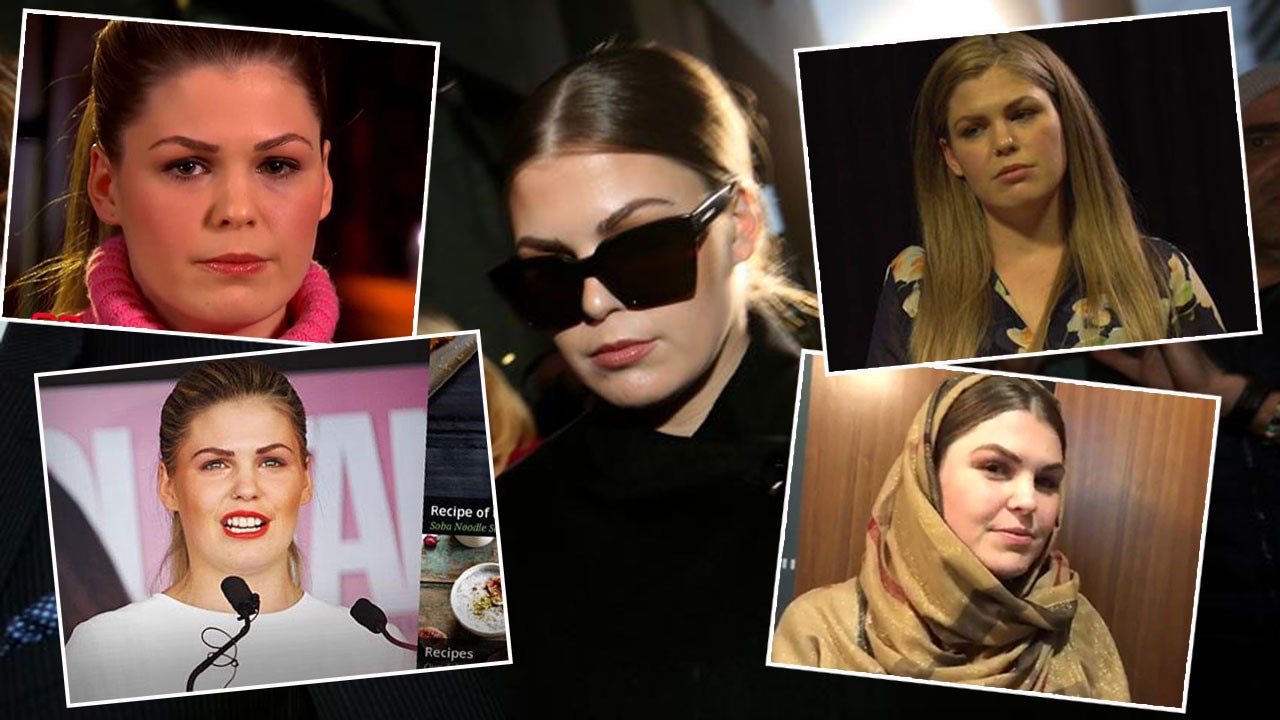Jamie Hyams: UNRWA must lose funding before any peace can be found in Gaza
The Gaza war demonstrated how thoroughly terrorist groups, especially Hamas, have infiltrated UNRWA, writes Jamie Hyams.
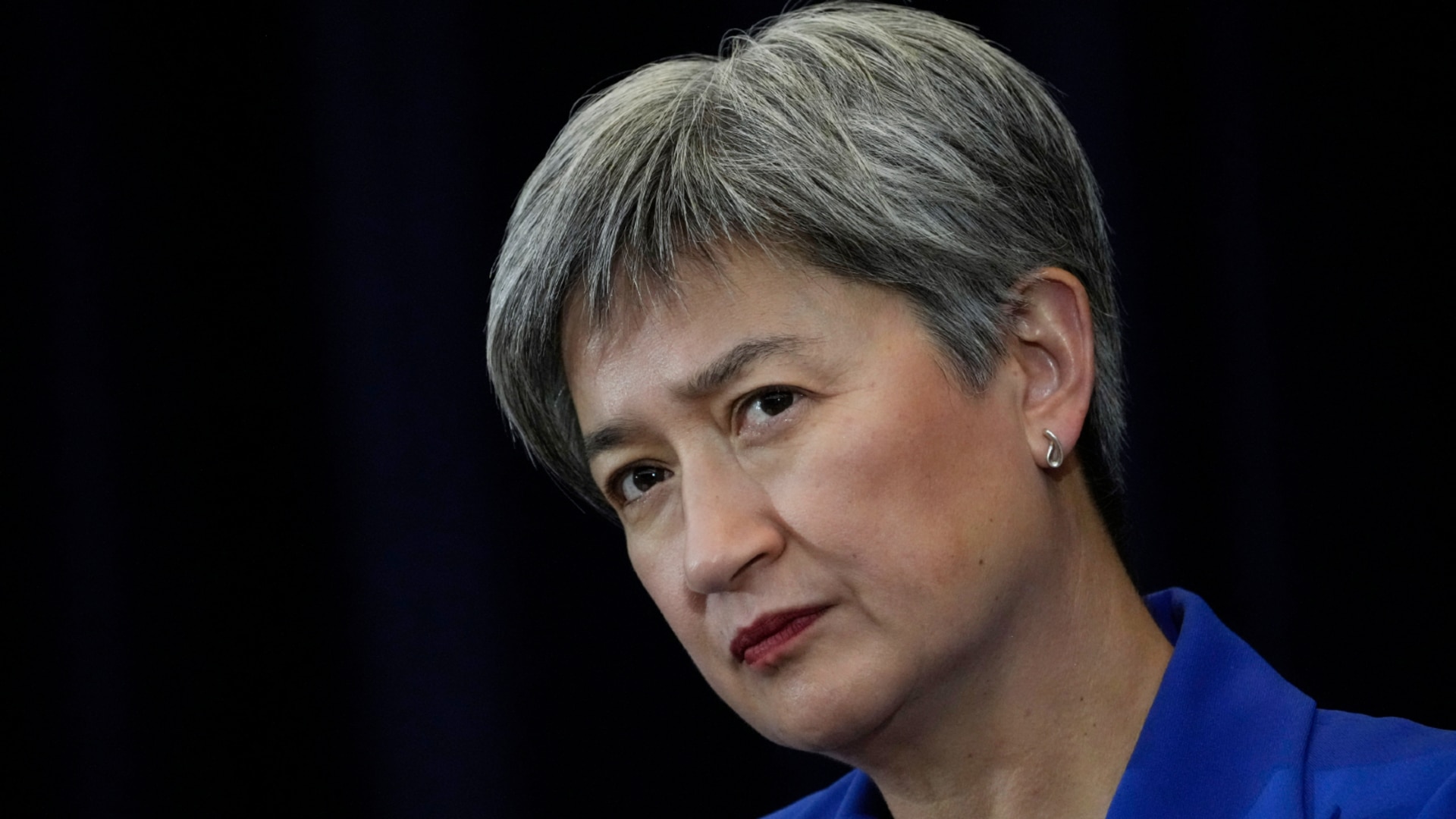
Opinion
Don't miss out on the headlines from Opinion. Followed categories will be added to My News.
In his press conference after meeting with Israeli Prime Minister Benjamin Netanyahu, US President Donald Trump rightly insisted on the need to do things differently in Gaza – to break the cycle that has followed every other war.
After each previous war, Hamas has maintained its control of Gaza, taken advantage of reconstruction efforts to re-establish its military infrastructure, and then attacked Israel again when it’s ready. Another round of death and mass destruction results.
There is also a need to revisit the structural foundations that perpetuate this cycle.
In this context, Shadow Foreign Minister David Coleman’s announcement on Tuesday that a future Coalition government will cease Australian funding for UNRWA, the body that solely looks after Palestinian refugees, is very welcome.
It follows Trump extending the existing suspension of US funding, Sweden ending its funding of UNRWA last December, and the Netherlands trimming its contribution.
The Gaza war demonstrated how thoroughly terrorist groups, especially Hamas, have infiltrated UNRWA (which stands for United Nations Relief and Works Agency for Palestinian Refugees in the Near East).
Yet UNRWA’s problems are even more fundamental, making it a serious and longstanding obstacle to Middle East peace.
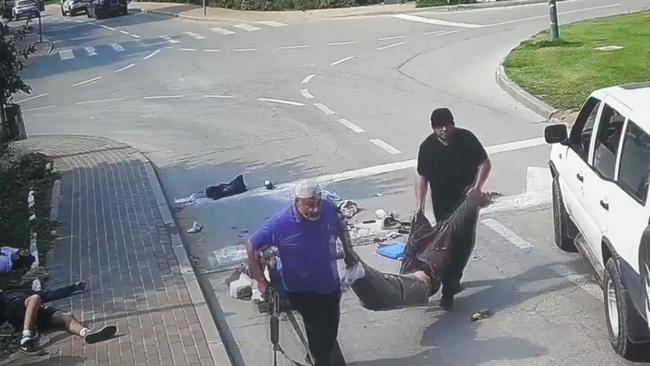
UNRWA’s defenders claim the concerns are merely that a dozen UNRWA workers may have participated in the October 7 atrocities.
However, according to Israeli intelligence, 1,200 UNRWA employees in Gaza – 10% of its workforce – are Hamas or Palestinian Islamic Jihad (PIJ) operatives, including school principals.
Plus, half its staff have close family who are members of the two terror groups.
During the war, Israeli troops discovered a major Hamas data centre directly beneath UNRWA’s Gaza headquarters.
There were even power cables running directly from the UNRWA facility to the terror centre.
There is no way it could have been built without UNRWA’s knowledge.
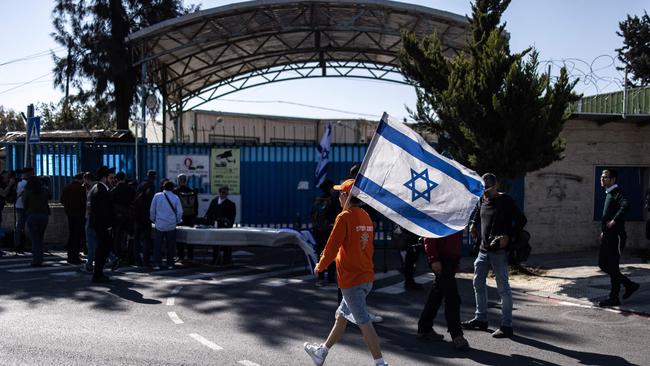
Terrorists also used many other UNRWA facilities, such as schools, for military purposes. Recently returned Israeli hostages have revealed they were held captive in UNRWA compounds.
In Lebanon, the head of the UNRWA teachers’ union was Hamas’ leader there.
Last November, the NGO UN Watch released a trove of documents revealing UNRWA’s complicity with terrorists. These included a record of a meeting in Beirut in February 2017 between then UNRWA head Pierre Krahenbuhl and leaders of Hamas and PIJ.
The UNRWA Commissioner told the terrorists they should privately challenge any UNRWA decision they disagreed with, emphasising the “spirit of partnership” between his agency and Hamas and PIJ.
Current UNRWA Commissioner Philippe Lazzarini has continued this practice.
At the Beirut meeting, Krahenbuhl vowed UNRWA would not “abandon the role entrusted to us, to be the historical witness to the injustice that has befallen the Palestinian people …”
That is the problem in a nutshell. UNRWA is devoted not to relief work but advancing the Palestinian “cause”.
Thus, while the UN High Commissioner for Refugees, which cares for all of the world’s refugee populations other than the Palestinians, sees its role as resettling refugees so they can get on with their lives, UNRWA sees its role as perpetuating the Palestinian refugees’ status. And while for all other refugee populations, only those who actually fled are considered refugees, Palestinian refugee status is inherited perpetually through the generations.
Thus, the approximately 800,000 Palestinian refugees the late 1940s have grown to around six million today.
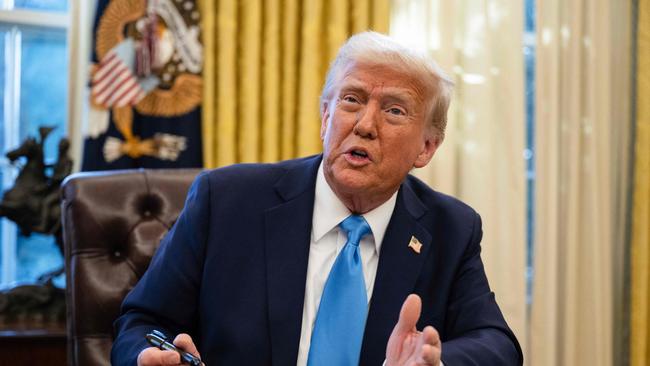
UNRWA’s ultimate aim is to maintain all of these people, and their descendants, as refugees until they can “return” to Israel.
This is just a recipe for continued conflict, since such a “return” would mean the end of Israel as a Jewish state.
UNRWA’s defenders claim there will be a humanitarian crisis in Gaza if UNRWA is defunded. However, many other agencies, including UN agencies, are not only very capable of carrying out aid work in Gaza, but are doing so now – UNRWA currently only distributes a small percentage of the aid in Gaza.
Its school system could also be run by other agencies, which ideally would not include all-pervasive incitement and indoctrination to hate Israel in the curriculum, as UNRWA does.
Trump is absolutely right that the cycle in Gaza must be broken.
Replacing UNRWA with agencies that aren’t devoted to facilitating terrorists, perpetuating the conflict and destroying Israel, is an essential part of achieving this outcome.
Jamie Hyams is Director of Public Affairs at the Australia/Israel & Jewish Affairs Council (AIJAC).


